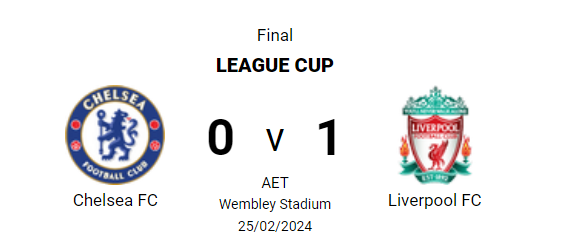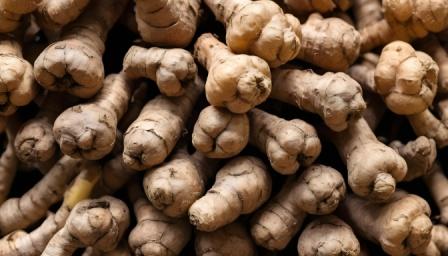Pakistan's Election with the Pakistani cricket bat symbol hanging in the balance, and election dates dancing just beyond reach, let's delve deeper into the political complexities swirling around this South Asian nation. We'll explore the historical currents, social nuances, and international machinations that contribute to this current tug-of-war for power.
 |
| Election in Pakistan |
Beyond Bat and Ballot: The Legacy of Military Influence
Pakistan's political landscape is deeply intertwined with its military's presence. For decades, the "khakis" have acted as kingmakers and power brokers, often swaying the course of elections and wielding significant influence behind the scenes. This shadow government, nicknamed the "establishment," continues to cast a long shadow over contemporary politics, leading many to speculate that its hand might be behind the recent election delays.
Economics and the IMF's Shadow Dance:
A collapsing economy further complicates the picture. Spiraling inflation, dwindling foreign reserves, and a precarious dependence on international loans, particularly from the International Monetary Fund (IMF), create a delicate dance between political promises and economic realities. Both Khan and Sharif face the unenviable task of implementing unpopular austerity measures demanded by the IMF, potentially alienating voters as they strive to stabilize the nation's finances.
The Regional Factor: Geopolitical Chess and Internal Power Plays
Pakistan's strategic location at the crossroads of South and Central Asia makes it a pawn in various international power struggles. The US, China, and regional rivals like India all vie for influence, often finding proxies within Pakistani political factions. This external meddling further muddies the water, as domestic agendas become entangled with larger geopolitical games, impacting policies and potentially influencing election outcomes.
Tribal Traditions and the Power of Clientelism:
Understanding the power dynamics within Pakistan necessitates considering the role of tribal loyalties and social structures. In areas like Khyber Pakhtunkhwa, Khan's stronghold, traditional tribal ties and patron-client relationships play a significant role in shaping political allegiances. This adds another layer of complexity to the equation, as understanding voting patterns requires factoring in not just party platforms but also local power structures and historical alliances.
The Role of Religion and the Rise of Islamism:
The religious landscape adds another dimension to the political tapestry. While Pakistan is a predominantly Muslim nation, varying interpretations of Islam influence different political groups. The rise of religious parties like Jamaat-e-Islami and their potential influence on swing voters adds another layer of intrigue to the upcoming polls.
Media Muzzles and the Information Battlefield:
Controlling the narrative in the modern political arena is crucial. With freedom of the press facing increasing constraints, both the PML-N and PTI utilize powerful media channels to sway public opinion. Understanding the media landscape and its biases becomes crucial for dissecting campaign promises and identifying hidden agendas.
The Youth Factor: A Demographic Gamble:
Pakistan boasts one of the world's youngest populations, with over 60% under the age of 30. This demographic shift presents both a challenge and an opportunity for political parties. Khan, with his charismatic persona and emphasis on youth empowerment, has successfully tapped into this segment. However, addressing the aspirations and concerns of this tech-savvy generation will be crucial for any party seeking long-term political success.
The Power of the Street: Protests and the Will of the People:
Pakistan's history is punctuated by vibrant street protests that have shaped its political trajectory. Both Khan and Sharif have mobilized mass demonstrations to exert pressure and challenge perceived injustices. The potential for renewed protests, particularly if the election delays are perceived as illegitimate, remains a wild card in this volatile political game.
Understanding these intricate threads – the historical baggage, the economic pressures, the tribal loyalties, the religious undercurrents, the media manipulations, the youthful aspirations, and the ever-present possibility of popular dissent – is key to deciphering the complex puzzle of Pakistan's upcoming elections. Will the ballot box triumph over the barracks? Will economic realities trump political promises? Will the youth break free from traditional allegiances? Only time will tell, but one thing is certain: the world watches with bated breath, for the echoes of this electoral drama will reverberate far beyond the borders of Pakistan.
By analyzing these various factors, we can move beyond the headlines and gain a deeper understanding of the forces at play in Pakistan's upcoming elections. It's a story not just of politicians and polls, but of a nation grappling with its past, navigating an uncertain present, and seeking to define its future on the world stage.






